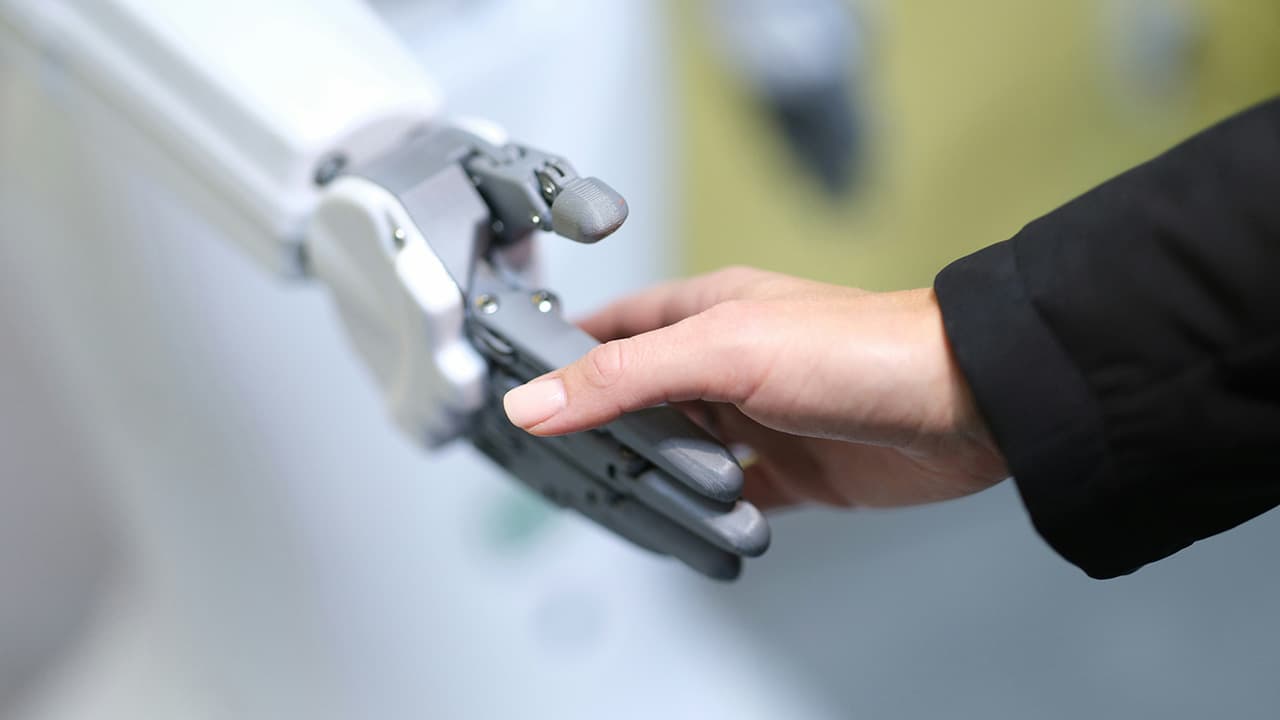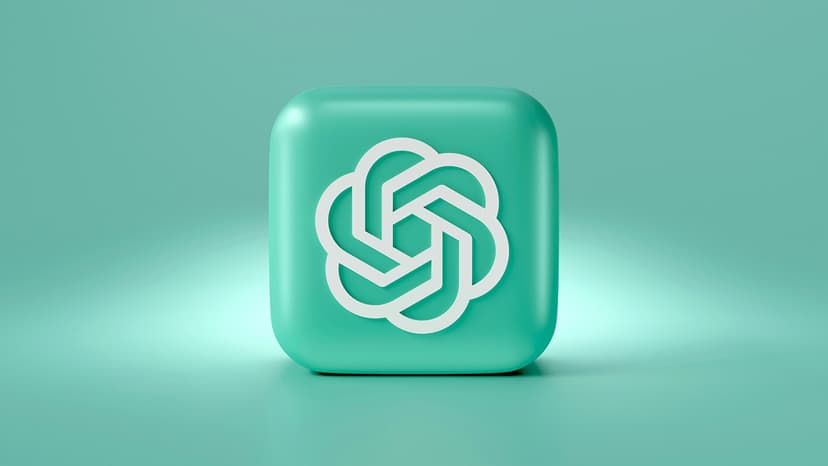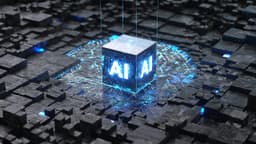Decision-Making: Humans vs. AI
The question of whether humans or AI make better decisions is important in various fields, from business and healthcare to personal choices. This topic involves factors like speed, efficiency, bias, ethical considerations, and adaptability.
AI systems process large amounts of data, analyze patterns, and produce outcomes based on algorithms. They excel at handling information quickly. In structured environments with clear rules, they can provide highly accurate predictions or decisions.
For instance, in healthcare, AI algorithms analyze medical images to diagnose diseases such as cancer. They can review thousands of images rapidly, often finding indicators that human doctors might miss.
In finance, algorithmic trading uses AI to make quick decisions about buying or selling stocks. The speed and precision of these systems can surpass even experienced traders.
In contrast, human decision-making tends to be slower due to our brain's biological limits. Still, humans hold significant advantages in specific areas. Most notably, humans excel in understanding context, empathy, and moral reasoning. These qualities remain difficult for AI to replicate. Humans can interpret social or emotional nuances, making them better suited for situations requiring a diplomatic touch or ethical consideration.
For example, in the judicial system, AI can help analyze past case files and predict outcomes based on precedent. Yet, judges depend on human compassion and understanding when interpreting the law and making rulings. Emotions and ethical considerations are vital in human decision-making, especially in social contexts where rigid algorithmic thinking may fall short.
Additionally, in novel situations or problems without historical data, humans excel in creativity and intuitive leaps that AI cannot replicate. The human brain connects disparate pieces of information abstractly, a feat challenging for AI.
Challenges in AI Decision-Making
AI systems have become more sophisticated and capable of performing many tasks. Nevertheless, they still face several challenges, including:
1. Lack of Generalization: AI systems often struggle to apply knowledge across different contexts. They are trained on specific datasets, limiting their performance in tasks outside their training domain.
2. Data Bias: AI's effectiveness hinges on the quality of its training data. Biased data can lead to biased AI decisions. This issue is particularly concerning in sensitive areas like criminal justice and hiring.
3. Ethical and Moral Reasoning: AI systems cannot perform ethical reasoning or make complex moral trade-offs. They lack a set of guiding values, which can result in harmful or unethical decisions, even if technically correct.
The Comparative Benefits of Human Decision-Making
Humans possess several advantages over AI in decision-making:
1. Emotional Intelligence: Humans can understand and relate to emotions, crucial in fields where empathy is important. This allows for decisions that consider the emotional impact on others.
2. Moral Judgment: Humans can consider ethical dimensions and societal values in their decision-making. This enables fair, just, and equitable decisions.
3. Creativity: Humans generate new ideas and solutions. This ability arises from abstract thinking, allowing for innovative solutions that AI may not identify.
4. Adaptability: Humans adapt to new and changing circumstances. They learn from mistakes and change their behavior accordingly, allowing for context-appropriate decisions.
The Current Synthesis in Decision-Making
The relationship between human and AI decision-making should be seen as a synergy rather than competition. The most effective frameworks combine AI's computational power with humans' nuanced understanding and ethical reasoning.
In the automotive industry, companies like Tesla are integrating AI to assist rather than replace drivers. AI can detect patterns and respond quickly, while human oversight remains crucial in unforeseen situations.
Some AI developments promote human-AI collaboration. For example, project management software may use AI to forecast timelines and allocate resources efficiently. The project manager can then make final decisions based on these AI insights, factoring in personal experience and team dynamics.
Determining who makes better decisions—humans or AI—is not straightforward. It depends on the context. In stable environments with clear parameters and large data sets, AI can deliver swift and accurate decisions. But in nuanced situations requiring empathy, ethical judgment, and adaptability, humans excel. The future of decision-making lies in leveraging both human and artificial intelligence to their fullest potential.
(Edited on September 4, 2024)












